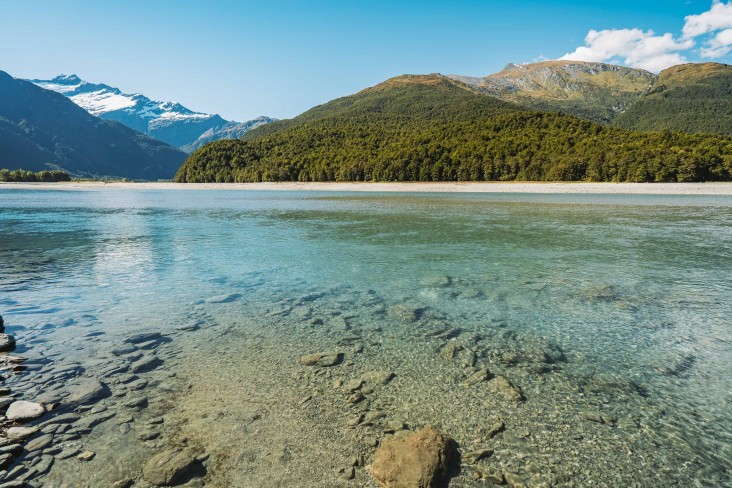Water is one of our most precious commodities and it’s been a big topic in the news recently with the release of the Government’s 'Three Waters Reform Programme' that deals with the transfer of water infrastructure to new service entities.
But the Water Services Act 2021 itself has slipped into law with relatively little reporting, despite its importance and potential impact on the entire rural sector.
The purpose of the Act is to ensure water suppliers provide safe drinking water to Kiwi consumers. In the past, this has been dealt with under the Health Act 1956 but, after the contamination issues in Havelock North in 2016, the Government decreed that drinking water safety was important enough to require its own legislation and regulatory body – and subsequently named the Authority Taumata Arowai.
Who does the new Act affect? The new Act affects all public and private drinking water suppliers, although it does not go as far as to include 'domestic self-suppliers'.
A 'domestic self-supplier' is deemed to be a standalone domestic dwelling that has its own supply of drinking water.
For example:
- A single house that collects water and supplies itself from a water tank is determined to be a domestic self-supplier and is not captured by the Act.
- A large farm that supplies several houses, or other buildings (that contain staffrooms or kitchens) from the same water source, would, however, be subject to the Act.
- Rural water schemes, where one water supply supplies several properties (particularly common in Central Otago), would also be subject to the Act.
So, what are the requirements for water suppliers? Water suppliers are required to have a plan in place and a multibarrier approach to water safety as follows:
- Prevent hazards from entering the water
- Remove particles and hazardous chemicals
- Kill or inactivate pathogens
- Maintain the quality of water distribution systems
Water suppliers must register their water supply with Taumata Arowai and submit a drinking water safety plan. The plan needs to include elements of international best practice, be proportionate to the scale of the water supply, and be subject to risk-based auditing and monitoring from Taumata Arowai.
The plan involves some key dates:
- 15 November 2021 – the Act came into force. New water suppliers supplying drinking water for the first time after this date must register and submit their plan before operating the water supply.
- 15 November 2025 – Existing water suppliers must register with Taumata Arowai by this date.
- 15 November 2028 – Last date for existing water suppliers to submit their drinking water safety plan to Taumata Arowai.
The Act also provides for penalties, including criminal offences where water suppliers fail to comply with this legislation.
Water suppliers already registered with the Ministry of Health prior to 15 November 2021 will automatically have their registration migrated to Taumata Arowai but will still need to submit a safety plan to the Authority by 15 November 2022.
If you’d like to know more, here are some useful links:
https://www.taumataarowai.govt.nz/
https://www.legislation.govt.nz/act/public/2021/0036/latest/whole.html#LMS374684
If you would like to discuss the impacts of the new Act or your potential obligations under it, please get in touch, we’re here to help.
